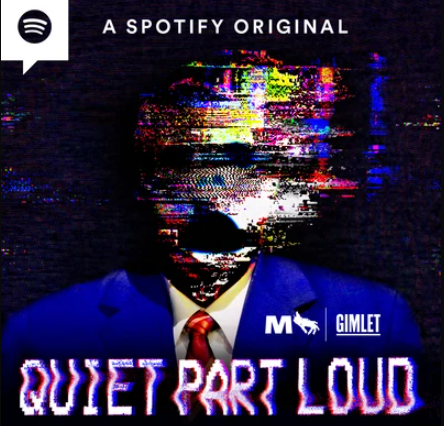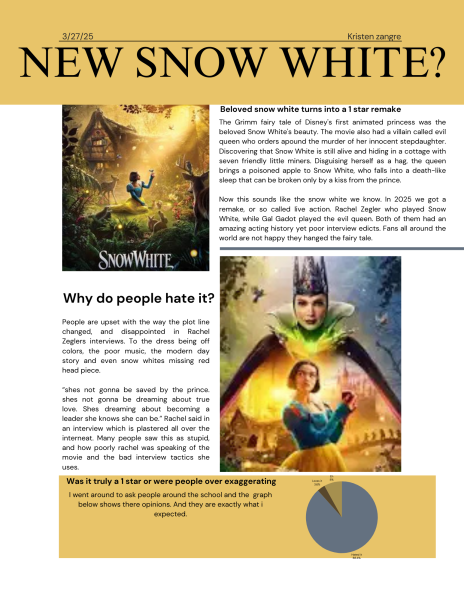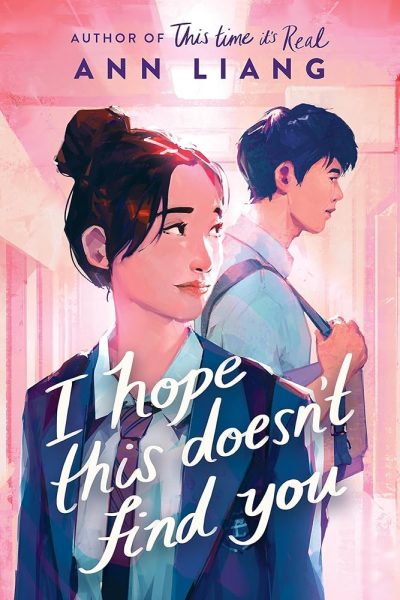Quiet Part Loud: Podcast Review

Jordan Peele is best known for creating award-winning horror films such as Us, Get Out, and Nope, and maybe long-time fans recognize him from the comedy series Key and Peele, which he wrote and co-starred in with close friend Keegan Michael Key. But after dominating the film world and leaving the spotlight of television, Peele has broken into the evergrowing world of horror podcasting with his new series Quiet Part Loud.
Quiet Part Loud follows the story of disgraced radio host Rick Egan, who was fired by his radio station after attempting to profit off the sensational fear following the 9/11 attacks by accusing three missing Muslim teenage boys of being terrorists. Flashing forward to 2009, Egan has lost his position but not his popularity. He still has many fans, who call themselves “Crusaders,” willing to follow him and his ideals to the ends of the earth. But by this point, Rick’s ideals have caused him to lose his job, his friends, his wife, and he’s about to lose his daughter in a prolonged custody battle, and if it was up to him he would leave the radio and Crusaders behind. But when a mysterious woman approaches Rick to warn that the boys may be coming back, and he can be the first to break the story so long as he follows her unknowable boss’ mysterious instructions, Rick begins to investigate why the boys left in the first place. Or rather, why they were taken.
Quiet Part Loud is the product of perfect collaboration between writers, producers, actors, and sound designers. The unity between the creators is evident from the first episode and only becomes more awe-inspiring as the series progresses. Every scene is scored with the perfect effect, every line written with exact intention, and every character portrayed with the perfect emotion.
Quiet Part Loud tells the story of how bigotry can fester and grow when given the space. It’s a demonstration of how rage creates rage, violence begets violence, and how hate wants to grow. In a society where fear can spread through a television screen, Quiet Part Loud shows how much power one person’s voice can have–for better or worse.






